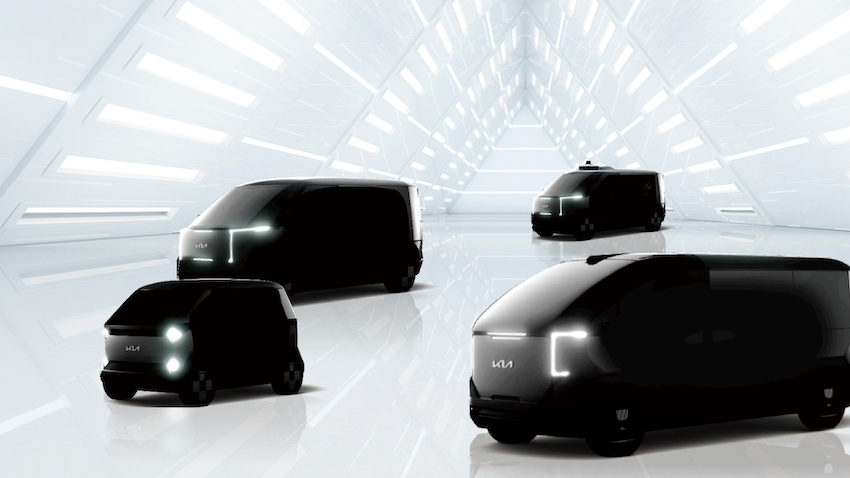Kia to open facility for electric purpose-built vehicles
Kia has confirmed plans to open a new dedicated plant for the production of battery-electric purpose-built vehicles (PBV).
The ceremony was held at Kia’s Hwaseong plant, located in Gyeonggi Province, South Korea, and was attended by over 200 people, including government officials, Hyundai Motor Group Executive Chair Euisun Chung, Kia’s Global President and CEO Ho Sung Song, and other employees from Hyundai Motor Group and the automotive parts industry.
Kia President and CEO Ho Sung Song, on behalf of Hyundai Motor Group, highlighted in a greeting: “Hyundai Motor, Kia, and Hyundai MOBIS together plan to invest KRW 24 trillion in the domestic electric vehicle industry by 2030, with the goal of making South Korea one of the top three players in the global EV market. Our focus is to enhance the competitiveness of the entire electric vehicle ecosystem, including research and development, production, and infrastructure, and to lead the way in driving change and innovation in the new global automotive industry.”
Kia will invest around one trillion won (approximately USD 758 million) to secure 99,000 acres of land, with the company planning to start mass-production in the second half of 2025. It plans to produce 150,000 units in the first full year, with the potential to expand in line with future market conditions.
Kia plans to show SW (project name), the first model in the company’s dedicated PBV line-up, in 2025. The model will be a mid-sized PBV and will be based on the “eS” platform, a dedicated skateboard platform for battery electric PBVs, enabling various types of vehicle bodies to be flexibly combined.
SW has been developed to respond to various business demands such as delivery, ride hailing, and business-to-business (B2B) transactions thanks to its excellent load structure and spacious indoor space that reaches the height of an adult.
After launching the mid-sized SW PBV, Kia plans to expand its product line-up to large-sized PBVs that can be used for logistics, fresh food delivery, multi-seat shuttles, and mobile offices and stores as well as small-sized PBVs and mid-sized robotaxis applied with autonomous driving technology.
At the groundbreaking ceremony, Hyundai Motor Group also outlined its aim to become one of the world’s top three EV manufacturers by 2030 through the combined sales of Hyundai Motor, Kia and Genesis electric models.
The Group also announced that it plans to significantly expand the annual EV production in Korea to 1.51 million units and global volume to 3.64 million units by 2030. To enable such plans, Hyundai Motor and Kia, alongside with Hyundai MOBIS, plan to invest KRW 24 trillion (approximately 18 billion USD) in the EV sector domestically.
In 2030, Hyundai Motor Group will have a total line-up of 31 EV models, including models from Hyundai Motor, Kia, and luxury brand Genesis. Kia will launch EV9, its first three-row seat electric flagship SUV, this year and Hyundai Motor plans to launch the IONIQ 7 in 2024.
Hyundai Motor Group’s large-scale investment aims to upgrade Korea’s EV ecosystem and strengthen its role as a hub for driving innovation in the global future automotive industry. It is also expected to promote a virtuous cycle of domestic EV production, R&D, infrastructure, and related industries.
